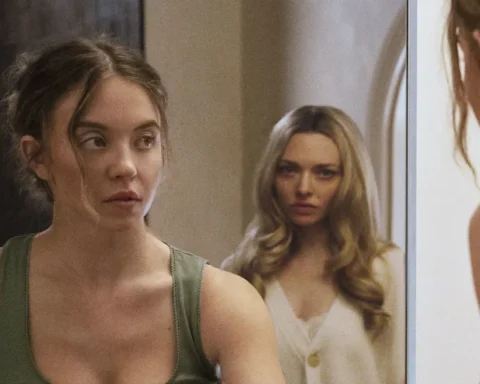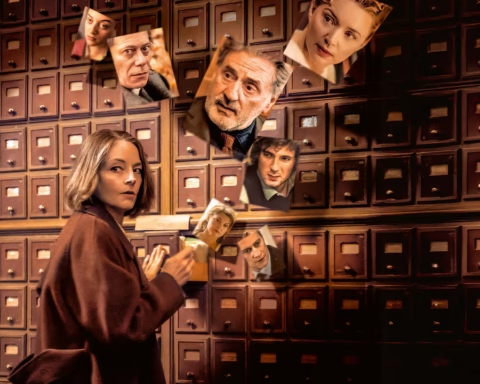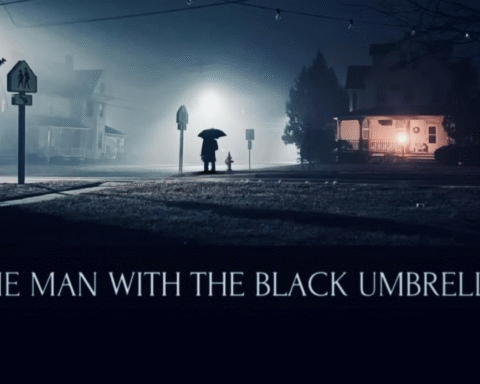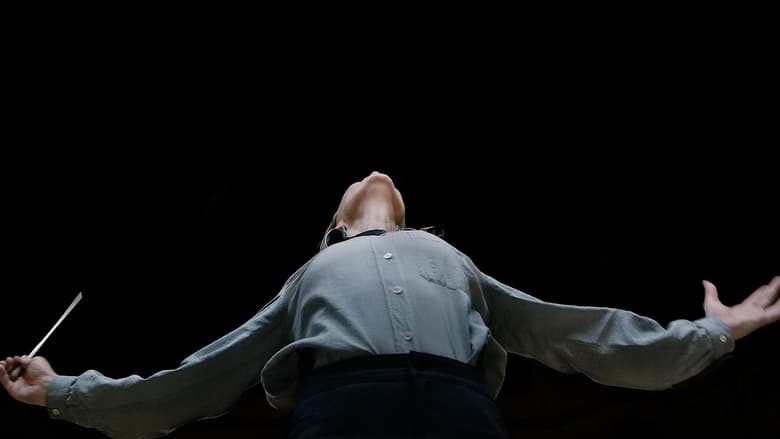he Marvel Cinematic Universe (MCU) has become a cultural powerhouse, offering a diverse array of characters and stories that reflect the complexities of the human experience. Among its most intriguing and nuanced characters is Madame Web, a figure whose role in the Spider-Man mythos brings a unique perspective to the often male-dominated superhero genre. From a feminist point of view, Madame Web represents a significant shift in the portrayal of female characters in comics and film, challenging traditional gender roles and offering a more inclusive vision of heroism.
The Origins of Madame Web
Madame Web, also known as Cassandra Webb, first appeared in “The Amazing Spider-Man” #210 in 1980, created by writer Denny O’Neil and artist John Romita Jr. Unlike many of her superhero counterparts, Madame Web is not known for her physical prowess but rather for her psychic abilities. She is depicted as an elderly woman who is blind and paralyzed, connected to a life-support system that resembles a spider’s web, which enhances her telepathic and precognitive powers. This characterization immediately sets her apart from the typical action-oriented heroes and situates her as a figure of wisdom and guidance.

Subverting Traditional Gender Roles
Madame Web’s character is a subversion of the traditional gender roles typically seen in superhero narratives. In a genre where physical strength and combat skills are often prioritized, Madame Web’s mental acuity and spiritual strength highlight a different kind of power. Her abilities allow her to foresee future events and manipulate the strands of fate, positioning her as a mastermind rather than a frontline fighter. This inversion of expectations challenges the notion that heroism is inherently tied to physical dominance and opens up space for a broader interpretation of what it means to be powerful.
Moreover, Madame Web’s portrayal as an older woman with disabilities further complicates the standard superhero archetype. In a media landscape that often marginalizes older women and people with disabilities, her character asserts that wisdom, experience, and psychic abilities are equally valuable forms of power. This representation is a powerful statement against ageism and ableism, promoting a more inclusive understanding of heroism that transcends physical limitations.
Female Mentorship and Legacy
One of the most compelling aspects of Madame Web’s character is her role as a mentor. In the comics, she often provides guidance to Spider-Man and other characters within the Spider-Verse. This mentorship dynamic underscores the importance of intergenerational relationships among women, highlighting how knowledge and wisdom are passed down through mentorship rather than merely inherited through bloodlines or physical prowess.
Madame Web’s mentorship extends to other female characters in the Spider-Man universe, most notably Julia Carpenter and Charlotte Witter, both of whom assume the mantle of Madame Web in different storylines. This succession not only emphasizes the continuity of female leadership but also showcases the diversity of experiences and backgrounds among women who take on this role. By portraying a lineage of Madame Webs, the narrative reinforces the idea that heroism is a shared and evolving legacy, rather than a singular, isolated experience.
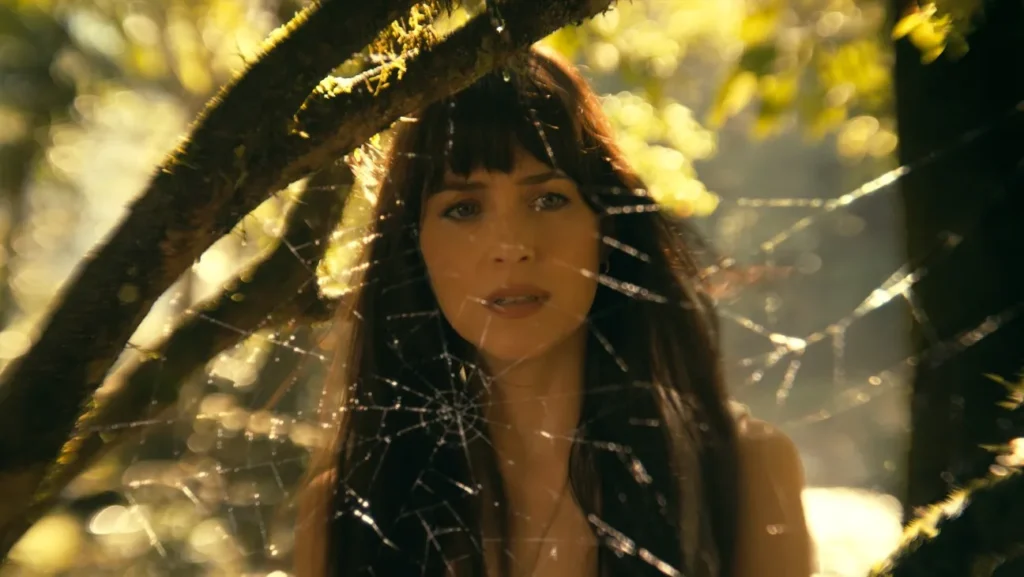
Representation and Diversity in the MCU
The inclusion of Madame Web in the MCU is a significant step toward diversifying its roster of characters. The MCU has made strides in recent years to include more female characters and characters of color, but there is still much work to be done. Madame Web’s character offers an opportunity to explore themes of gender, age, and disability in a nuanced and respectful manner.
Casting choices and narrative direction will be crucial in ensuring that Madame Web’s character is portrayed authentically and with the complexity she deserves. Ideally, her inclusion will not only add depth to the Spider-Man universe but also inspire more stories that center on diverse and underrepresented voices. By doing so, the MCU can continue to evolve into a more inclusive and representative cultural phenomenon.
Feminist Themes in Madame Web’s Storylines
Madame Web’s storylines often delve into feminist themes, such as empowerment, autonomy, and the breaking of societal constraints. Her character embodies the struggle against the marginalization of women, particularly older women and those with disabilities. Her psychic abilities symbolize the reclamation of power from a society that often discounts the contributions of those who do not fit conventional standards of heroism.
In various comic arcs, Madame Web is portrayed as a figure who navigates the complexities of gender dynamics within the superhero community. Her interactions with male characters, including Spider-Man, often highlight the importance of mutual respect and the recognition of different forms of expertise. These interactions serve as a critique of patriarchal structures that prioritize certain types of power over others.
Additionally, Madame Web’s storylines frequently explore the concept of fate and agency. Her ability to see the future raises questions about predestination and free will, themes that resonate deeply within feminist discourse. By grappling with these issues, her character invites audiences to consider how societal expectations and limitations shape individual choices and destinies.
The Impact of Madame Web on Female Audiences
Madame Web’s presence in the Marvel Universe has the potential to resonate profoundly with female audiences. For many women, seeing a character who defies traditional gender roles and embodies a different kind of strength can be incredibly empowering. Madame Web’s storylines offer a narrative of resilience and wisdom, showcasing that heroism comes in many forms and is not confined to youth or physicality.
Furthermore, her character can inspire conversations about the representation of women in media. By challenging stereotypes and offering a more inclusive portrayal of female characters, Madame Web encourages audiences to question and critique the ways in which women are depicted in popular culture. This critical engagement is a crucial component of feminist media analysis and contributes to the ongoing effort to create more diverse and equitable media landscapes.
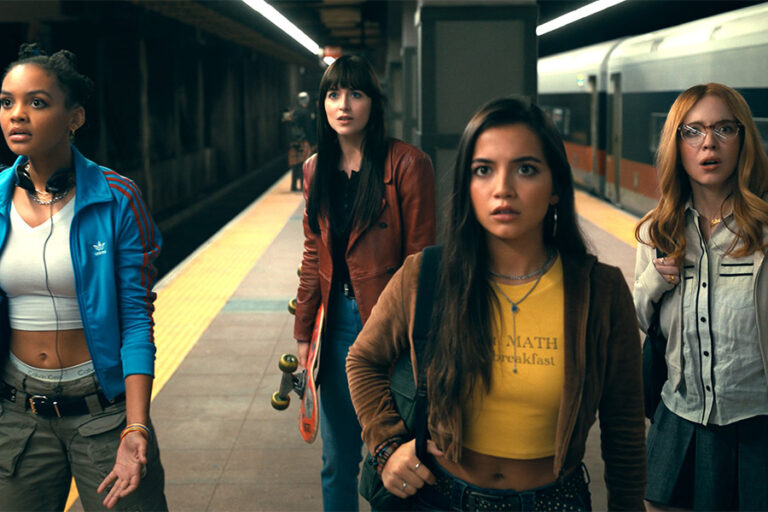
The Future of Madame Web in the MCU
As the MCU continues to expand, the potential for Madame Web’s character to influence the broader narrative is immense. Her inclusion could pave the way for more stories that center on older women and women with disabilities, addressing gaps in representation that have long been overlooked. Additionally, her character could serve as a bridge to explore more complex and mature themes, enriching the MCU’s storytelling.
Incorporating Madame Web into the MCU also opens up possibilities for cross-generational narratives, where established characters can pass the torch to new ones. This approach not only honors the legacy of characters like Spider-Man but also introduces fresh perspectives and storylines that keep the franchise dynamic and relevant.
Moreover, the portrayal of Madame Web could inspire other media franchises to rethink their character rosters and narrative structures. By demonstrating the value of diverse and multifaceted characters, the MCU can set a precedent for more inclusive storytelling across the entertainment industry.
Conclusion
Madame Web represents a significant and progressive step forward in the portrayal of female characters within the Marvel Universe. Her unique abilities, coupled with her role as a mentor and her representation of older women and those with disabilities, challenge traditional superhero tropes and offer a richer, more inclusive vision of heroism. From a feminist perspective, Madame Web’s character is a powerful reminder of the importance of diversity and the many forms that strength and leadership can take.
As the MCU continues to grow and evolve, Madame Web has the potential to inspire new narratives and deepen the franchise’s commitment to representing a broader spectrum of experiences and identities. Her story is not just a testament to individual empowerment but also a call to action for more equitable and diverse storytelling in the world of comics and films.

